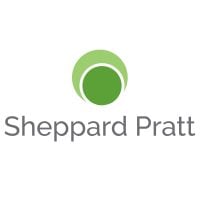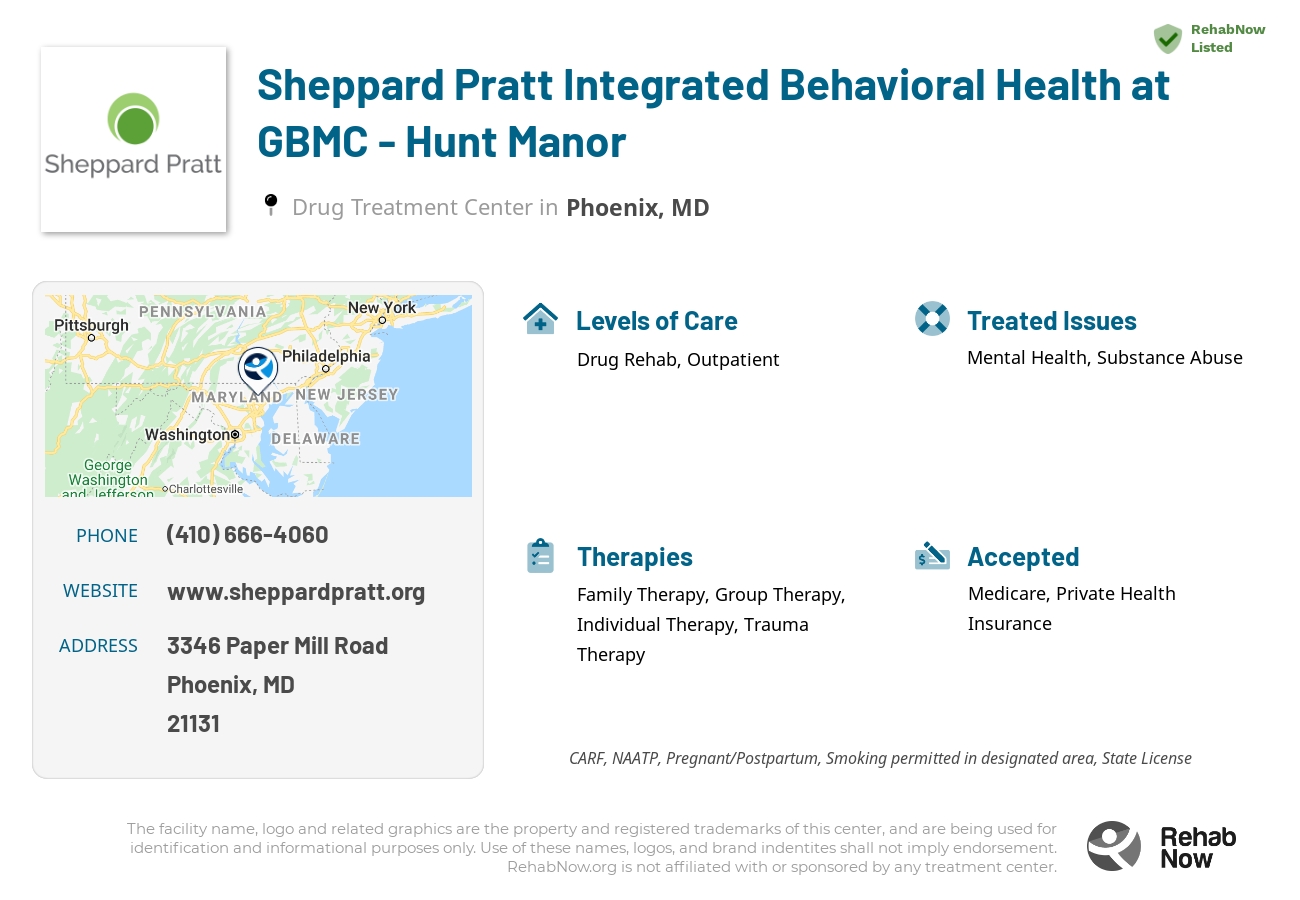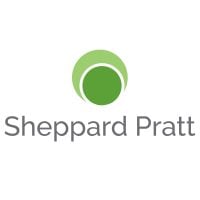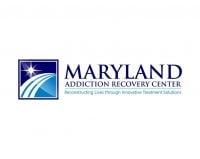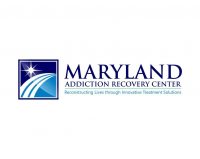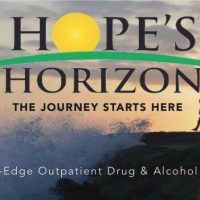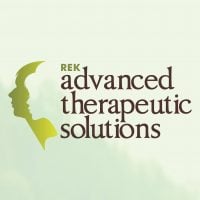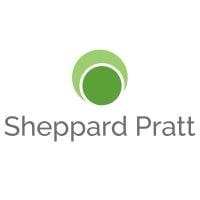Sheppard Pratt Integrated Behavioral Health at GBMC - Hunt Manor
Drug Rehab Center in Phoenix, Maryland
Sheppard Pratt - Integrated Behavioral Health at GBMC - Hunt Manor in Phoenix, Maryland is a comprehensive addiction treatment facility that offers a wide range of treatment plans and services for substance abuse, opioid addiction, dual diagnosis, eating disorders, drug addiction, and mental health, including drug rehab, outpatient, inpatient, detox, residential levels of care, and specialized programs for opioid addiction and relapse prevention.
About Sheppard Pratt Integrated Behavioral Health at GBMC - Hunt Manor in Maryland
Sheppard Pratt - Integrated Behavioral Health at GBMC - Hunt Manor is a comprehensive addiction treatment facility located in Phoenix, Maryland. They offer a wide range of treatment plans and services to those suffering from substance abuse, opioid addiction, dual diagnosis, eating disorder, drug addiction, and mental health. Sheppard Pratt - Integrated Behavioral Health at GBMC - Hunt Manor provides a comprehensive treatment approach to assist individuals in the recovery process. This includes drug rehab, outpatient, inpatient, detox, and residential levels of care. They accept most major private health insurance plans and have earned the Joint Commission accreditation, recognizing the quality of care provided by the facility.
Sheppard Pratt - Integrated Behavioral Health at GBMC - Hunt Manor offers specialized programs to treat opioid addiction, as well as other substance abuse disorders. These include medication-assisted treatment, relapse prevention services, and evidence-based therapy. They also provide 24-hour medically supervised detox services for those experiencing withdrawal symptoms. Furthermore, their staff offer individual, family, and group therapy for dual diagnosis and eating disorder treatment. The facility is also dedicated to helping individuals find effective long-term recovery solutions. Sheppard Pratt - Integrated Behavioral Health at GBMC - Hunt Manor encourages individuals to strive for long-term recovery by providing the tools and resources needed to succeed.
Genders
Ages
Modality
Additional
Conditions and Issues Treated
Some addicts can benefit from substance abuse treatment, which is designed to help them become and remain sober without the use of medications. These programs are typically used by those struggling with drugs like marijuana or hallucinogens. However, they might be beneficial for those with a co-occurring mental health disorder like schizophrenia, major depression or bipolar disorder.
During this type of treatment, the addict will meet with therapists and other professionals on a regular basis to learn coping skills and healthy ways to deal with their addiction and mental health disorder.
Treatment programs often combine medications with counseling, support groups and even medical services like those found in hospitals or doctor’s offices. There are also detoxification services that addicts can use to get sober and avoid severe withdrawal symptoms.
Opioids are a group of drugs that include substances such as heroin, morphine, and oxycodone. These drugs activate opioid receptors in the brain, which produce pleasurable feelings. Opioid addiction occurs when drugs are abused at increasing rates or increasing amounts because the body becomes tolerant of them.
Opioid addiction is typically diagnosed when drug abuse becomes a typical behavior that interferes with an individual’s ability to function daily. The use of the substance results in consequences like legal problems.
Treatment for opioid addiction varies depending on each individual’s needs. Some treatments focus on replacing opioids with other drugs that have similar effects of reducing withdrawal symptoms. Other treatments aim to reduce the risk of relapse by providing psychological support or using more natural methods.
Levels of Care Offered
This center offers a variety of custom treatment tailored to individual recovery. Currently available are Detox, Drug Rehab, Inpatient, Outpatient, Residential, with additional therapies available as listed below.
Detox, or detoxification, is the method of weaning a person’s body from the toxic substance(s) they have abused. This is a slow process under medical supervision and one that should occur for almost all individuals. As detox can cause medical complications, it should always be performed by experienced medical professionals in a safe setting.
Inpatient rehab means you live there while your addiction or co-occurring disorder is treated. Prescribed medications are used along with counseling.
This type of rehabilitation provides a drug-free environment for people who struggle with chronic/long-term addiction (or their own home). Jobs or school can be put on hold until after the stay to focus solely on recovery.
Outpatient programs offer a lower intensity level of addiction treatment than inpatient facilities. They are ideal for those who have graduated from inpatient facilities, have a supportive home environment, and are motivated to commit to the program. Services offered include medication-assisted treatment, individual and group therapy, and peer group support.
This treatment is a popular option for those suffering from a lower intensity addiction. It is not advisable for someone who needs to go through a medically supervised detox or does not have a supportive home environment. It requires motivation and dedication to commit to the program without constant monitoring.
Residential treatment programs are those that offer housing and meals in addition to substance abuse treatment. Rehab facilities that offer residential treatment allow patients to focus solely on recovery, in an environment totally separate from their lives. Some rehab centers specialize in short-term residential treatment (a few days to a week or two), while others solely provide treatment on a long-term basis (several weeks to months). Some offer both, and tailor treatment to the patient’s individual requirements.
Therapies & Programs
During individual therapy at Sheppard Pratt Integrated Behavioral Health at GBMC - Hunt Manor in , the person in recovery meets with a therapist one on one to go over their situation and learn from past mistakes. The counselor or therapist will use this time to address the causes of addiction, triggers, and any mental issue or dual diagnosis. They will also address aftercare plans, giving them the best chances of long-term sobriety.
This therapeutic process is very intense and challenging to go through. Some clients may find it easier to open up with someone apart from their family or loved ones who understand their struggles and experience with addiction.
Family therapy is designed to help addicts get clean and sober by using what they love the most; their family. Most drug treatment centers make it mandatory that the addict’s family attend therapy sessions, which is great because having everyone there to support them makes it much easier for them to get clean. Not only are they surrounded by people who want them to get better, but everyone is there because they want the best for them, not because they feel like they have to be.
Drug addicts are often surrounded by resentful or uneducated family members who would, at times, rather see them stay addicted because it makes their own lives easier. Sometimes they don’t understand what the addiction is or how they play a part in it. They know that during and after the addict’s sobriety journey, they will face challenges and changes that they aren’t sure how to handle. This can be very tough for an addict to go through on their own, which is why it’s so important that they have the support of their family. Just because someone is an addict does not mean that they don’t deserve the love and support of those around them.
Addicts in Phoenix, MD can find support in group therapy at Sheppard Pratt Integrated Behavioral Health at GBMC - Hunt Manor by finding peers who understand their situation and being held accountable. They also learn to develop faith, understanding, and insight into their addiction through shared conversations.
Group Therapy is employed by drug treatment centers to provide the recovering addict with a platform to talk about their feelings and experiences. It also provides for an opportunity to learn from other addicts who have successfully overcome their addiction. It is recommended that all group members be recovering addicts for this type of therapy to work.
Trauma therapy allows people who struggled with a past trauma to face the situation and learn from it. Many people go through traumatic events at an early age that later leads them into addiction as adults. By addressing this issue during treatment at Sheppard Pratt Integrated Behavioral Health at GBMC - Hunt Manor in [/type], you can move forward with your recovery process and take back control of your sober future, too!
Traumas are one of the most common causes of psychological disorders such as Addiction Disorder. It’s often found among those diagnosed with Addictive Disorders because traumatized individuals have strong emotions or thoughts related to their traumas, leading to addictive behaviors.
Dialectical behavior therapy (DBT) is a cognitive-behavioral therapy that focuses on eliminating specific negative thoughts, such as suicidal thoughts. These negative thoughts can potentially lead to an individual inflicting self-harm. It helps treat patients exhibiting uncontrollable emotions, intense mood swings, and borderline personality disorders.
The term “Dialectic” means the integration of opposites. In substance abuse, DBT refers to accepting the patient’s addiction and working to change their thoughts and behavior. It improves life skills such as controlling intense emotions without reacting impulsively, resolving interpersonal conflicts effectively, and promoting awareness about self and others.
Payment Options Accepted
For specific insurance or payment methods please contact us.
Is your insurance accepted?
Ask an expert, call (888) 674-0062
Sheppard Pratt Associated Centers
Discover treatment facilities under the same provider.
- The Retreat at Sheppard Pratt in Towson, MD
- Sheppard Pratt Outpatient Mental Health Clinic - Columbia in Columbia, MD
- Sheppard Pratt - Psychiatric Rehabilitation Day Program - Lanham in Lanham, MD
- Mosaic Community Services - Catonsville in Catonsville, MD
- Sheppard Pratt - Outpatient Mental Health Clinic - Hagerstown in Hagerstown, MD
Learn More About Sheppard Pratt Centers
Additional Details
Specifics, location, and helpful extra information.
Phoenix, Maryland 21131 Phone Number(410) 666-4060 Meta DetailsUpdated November 25, 2023
Staff Verified
Sheppard Pratt Integrated Behavioral Health at GBMC - Hunt Manor Patient Reviews
There are no reviews yet. Be the first one to write one.
Phoenix, Maryland Addiction Information
For the past decade, Maryland's rate of drug use and abuse has significantly increased. The overdose rate is currently higher than the national average. This epidemic is due to the many industries where manual labor is required. As soon as prescription opioids were more readily accessible a large part of manual workers started using–and eventually abusing–the painkillers.
Treatment in Nearby Cities
- Oxon Hill, MD (54.6 mi.)
- Federalsburg, MD (71.1 mi.)
- Bladensburg, MD (44.9 mi.)
- Salisbury, MD (95.4 mi.)
- Dundalk, MD (18.7 mi.)
Centers near Sheppard Pratt Integrated Behavioral Health at GBMC - Hunt Manor
The facility name, logo and brand are the property and registered trademarks of Sheppard Pratt Integrated Behavioral Health at GBMC - Hunt Manor, and are being used for identification and informational purposes only. Use of these names, logos and brands shall not imply endorsement. RehabNow.org is not affiliated with or sponsored by Sheppard Pratt Integrated Behavioral Health at GBMC - Hunt Manor.
